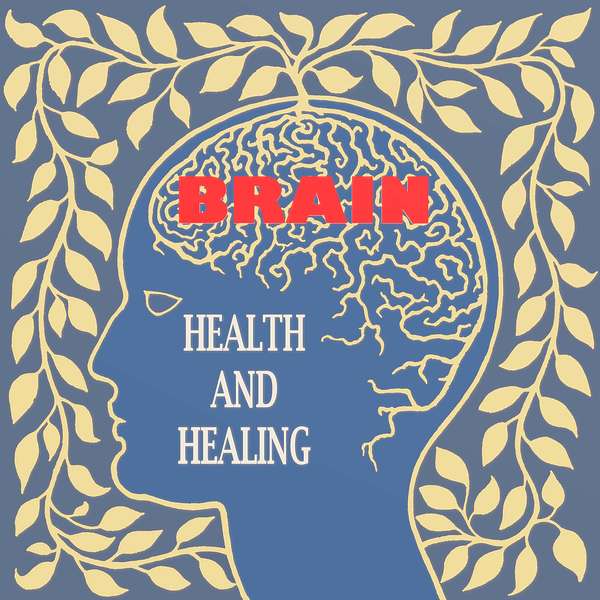
Brain Health and Healing
Brain Health and Healing
Influence of Light on Mood and Sleep: Mania, Depression, SAD, Bipolar
Explores the profound influence of sunlight on mood. Also goes into the effects of light dark cycles on hormone rhythms, on serotonin and melatonin production, and on cortisol and sleep interactions. And how these changes further alter mood.
See also:
Vitamin D history.
https://www.sciencedirect.com/science/article/abs/pii/S1876201816301757
Two studies on predominance of mania inequatorial regions:
https://www.researchgate.net/publication/10882671_Predominant_Polarity_of_Bipolar_Patients_in_Israel
https://www.sciencedirect.com/science/article/abs/pii/S1876201816301757
Some of the details.
Changes in exposure to sun and light can moderate mood. Retreating to a quiet darkened room is often helpful in calming mania. Increased sun, especially in the morning, benefits depression. Vitamin D is remarkably antidepressant. In seasonal affective disorder, reduced hours of light in early winter cause depression, with people feeling better toward summer. Some researchers have suggested bipolar etiology is closely tied to such effects, but with more extreme and pervasive moods.
Serotonin and Melatonin. Morning light supports creation of serotonin which supports happiness and contentment. In the evening serotonin is converted into melatonin, which governs sleep.
Light/dark cycles regulate hormone secretion. Light comes in through the eyes to the pineal gland and the SCN part of the hypothalamus. The SCN, or the suprachiasmatic nucleus, is the brain's circadian clock. It regulates the timing of hormone secretion (among other targets). Examples: (1) Adrenal cortisol should be highest in the morning, bringing fuel to the cells to wake us up. Levels vary with stress over the day, but should decrease by evening to support sleep. This rhythm is often reversed in people with mood issues, especially mania, who either stay up most of the night, sleeping most of the day, or have to constantly fight insomnia. (2) Similarly, thyroid hormone should increase to provide us with energy in the morning, slacking off at night to foster sleep. Again, often dysregulated in people with bipolar.